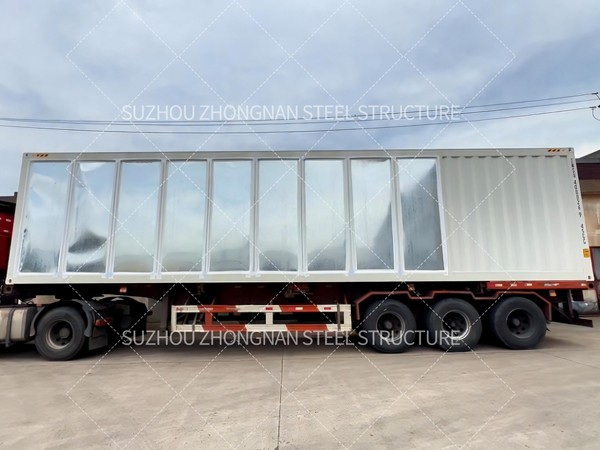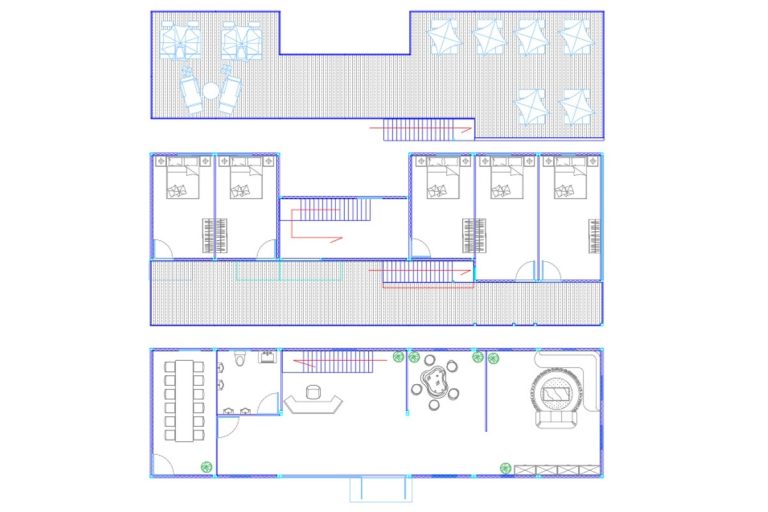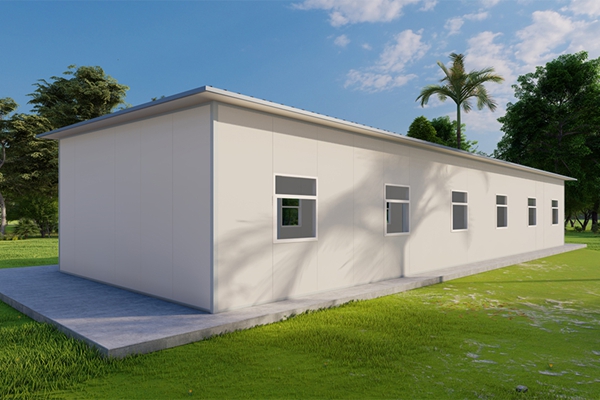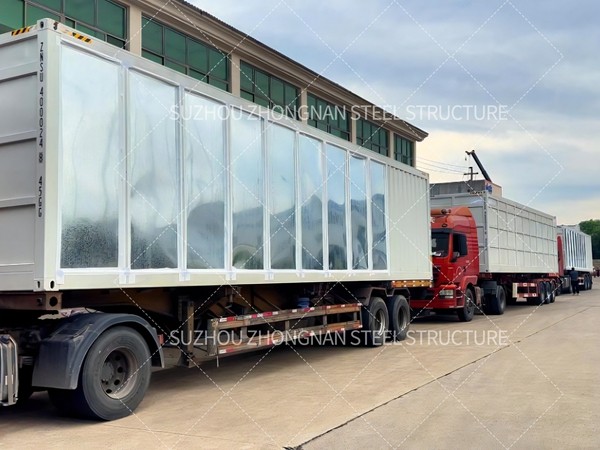premade homes prices
Purchasing a home is one of the most significant financial decisions many individuals will ever make. Among the myriad of options available, premade or modular homes have surged in popularity, offering an appealing blend of affordability, efficiency, and customization. However, understanding the pricing of premade homes requires an in-depth exploration of several pivotal factors that contribute to their overall cost. From personal experiences to the expertise of industry professionals, navigating these considerations can equip potential buyers with the knowledge needed to make informed decisions.

Cost Structure Breakdown Premade homes, often referred to as prefabricated homes, are constructed in factories and then transported to their intended location. This method of construction significantly reduces labor costs, which are typically higher for traditional site-built homes. However, the cost savings extend beyond labor. Factory environments allow for bulk procurement of materials, resulting in reduced material costs. Buyers often find that the initial costs of a premade home, which average between $100 to $200 per square foot, are markedly lower compared to traditional construction methods.
Customization Options and Their Impact on Pricing While premade homes are known for their cost-effectiveness, their level of customization plays a crucial role in determining the final price. Basic models are quite affordable, but as buyers opt for additional features or high-end materials, costs naturally increase. Customization options can range from upgrading kitchen countertops to installing energy-efficient windows or even modifying floor plans. The flexibility of premade homes allows for personalization to meet specific needs and preferences, but these changes are not without financial implications. Prospective buyers should balance their desires for customization with their budget constraints to avoid unanticipated expenses.
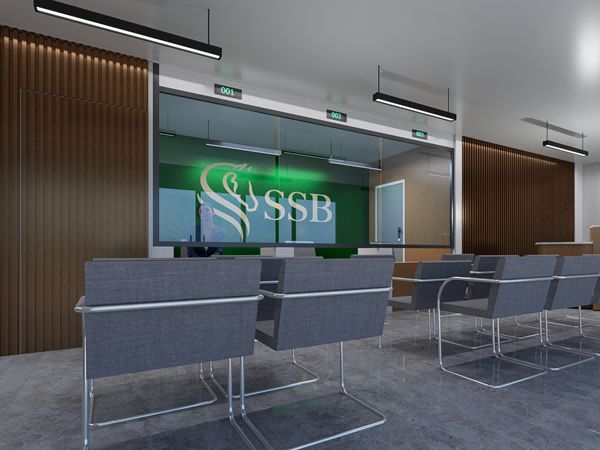
Logistics and Site Preparation Beyond factory construction, costs also include logistics and site preparation. Transporting a completed premade home to its final destination requires specialized equipment and experienced professionals. Additionally, site preparation, including foundation work, utility installation, and landscaping, can significantly influence overall expenditure. Buyers are advised to collaborate with reputable contractors who can provide comprehensive cost estimates and ensure that no aspect of site preparation is overlooked.premade homes prices
Environmental Benefits and Cost Efficiency From an environmental standpoint, premade homes present opportunities for sustainable living. The controlled factory environment minimizes waste production compared to traditional building methods. Furthermore, many manufacturers offer eco-friendly design options, such as solar panels and water-saving fixtures, which can reduce long-term utility expenses. This aspect aligns not only with environmental responsibility but also with significant cost savings over time. Potential buyers are encouraged to consider these green alternatives, which can enhance the home's resale value and provide enduring benefits.
Financing Options and Incentives Financing a premade home doesn't drastically differ from traditional homes, though some distinct programs may offer advantages. Various lending institutions provide attractive mortgage plans tailored specifically for modular home buyers. Additionally, potential tax incentives or government programs encouraging sustainable home construction and energy efficiency can ease the financial burden. It's essential for buyers to research and leverage these opportunities to optimize their investment.
Challenges and Expert Recommendations Despite the evident advantages, premade homes are not devoid of challenges. Ensuring compliance with local zoning laws and regulations is crucial. Engaging with professionals who have extensive experience in the domain of premade housing can provide crucial guidance in navigating these bureaucratic hurdles. Furthermore, expert insights can shed light on the nuanced differences between manufacturers, helping buyers choose a provider that aligns best with their expectations and budget.
Purchasing a premade home offers a range of benefits, not least of which is affordability. However, to maximize these advantages, buyers should conduct thorough research and engage with industry experts. Understanding the intricacies of cost variables, remaining aware of customization impacts, and seeking out appropriate financial opportunities are all pivotal actions in the home-buying journey. With informed decision-making, buyers can confidently invest in a premade home that not only meets their immediate needs but also supports long-term financial security.

